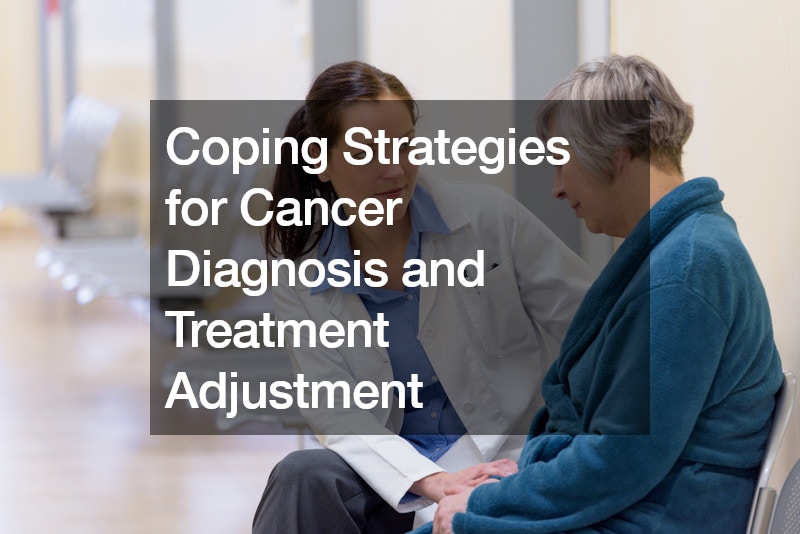A cancer diagnosis can feel like a sudden and overwhelming storm. Information overload, fear of the unknown, and frustration with disrupted routines are all normal reactions. However, just like a storm eventually passes, so too can the initial shock and confusion. Here are some strategies to help you cope with a cancer diagnosis and treatment adjustment.
Acknowledge the Difficulty and Take Control
The initial stages of diagnosis are often filled with a whirlwind of emotions. Don’t try to bottle them up. Allow yourself to feel the fear, anger, or sadness.
Talking to a therapist or counselor can be a great outlet for processing these emotions. Once you acknowledge the difficulty, you can start taking control. Having a treatment plan, even if it needs to be adjusted later, can be a powerful tool.
Prioritize Self-Care
Taking care of yourself physically and mentally is crucial during this challenging time. Focus on getting enough sleep, maintaining a healthy diet, and incorporating regular exercise into your routine, even if it’s just a gentle walk. Techniques like relaxation breathing and mindfulness meditation can help manage stress and anxiety. Journaling can be a valuable tool to process your emotions and track your progress.
Develop Positive Mantras
Our minds often default to worst-case scenarios. To counter this negativity, develop positive mantras or affirmations. These can be simple phrases like “I am strong,” “I will get through this,” or “There is hope.” Repeat these mantras to yourself regularly, especially during moments of anxiety.
Lean on Your Support System
Cancer doesn’t just affect the patient; it affects loved ones as well. Evaluate your social circle. Limit contact with those who drain your energy and focus on spending time with supportive friends and family members. Don’t be afraid to ask for help, whether it’s with errands, housework, or childcare. Support groups, either in-person or online, can connect you with others facing similar challenges and provide a sense of community.
Focus on the Present
It’s easy to get caught up in the “what-ifs” of the future or dwell on the past. Mindfulness practices can help you stay grounded in the present moment. Pay attention to your senses – the feel of the sun on your skin, the taste of your food, the sound of birds chirping. Focus on the things you can control, like your daily routine, hobbies, and spending time with loved ones.
Stay Engaged in Your Care
Don’t be afraid to ask questions about your diagnosis, treatment options, and potential side effects. The more informed you are, the more empowered you’ll feel. Research your type of cancer and potential treatment options. Consider enrolling in cancer research trials that may offer access to cutting-edge treatments. Remember, you are a partner in your healthcare, and your voice matters.
The road ahead may seem daunting, but with these coping strategies and the support of your healthcare team and loved ones, you can find calm after the storm. Remember, cancer doesn’t define you. You are strong, resilient, and capable of overcoming this challenge.
.

